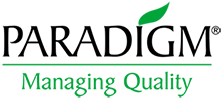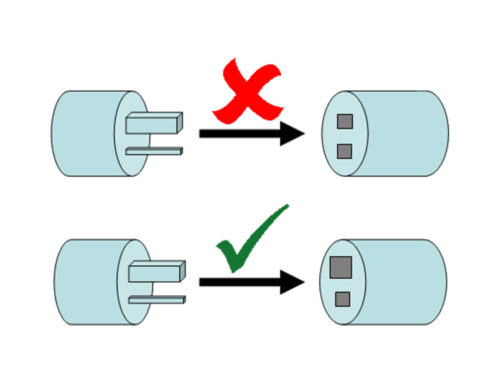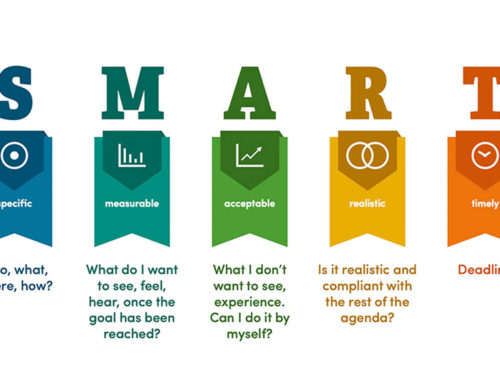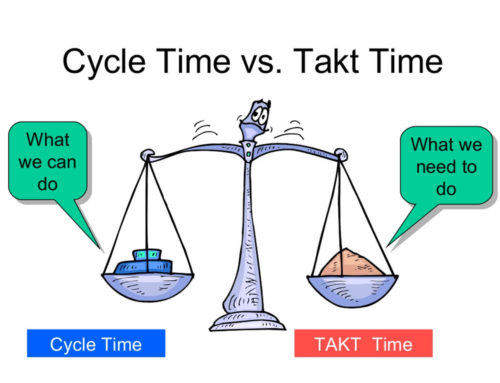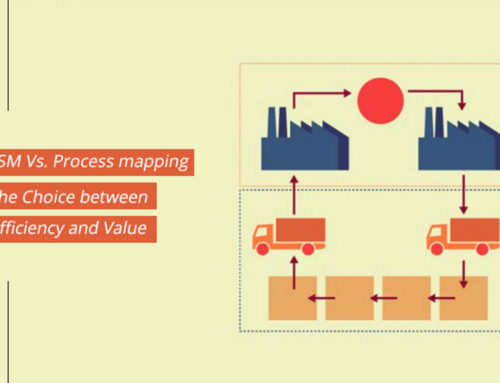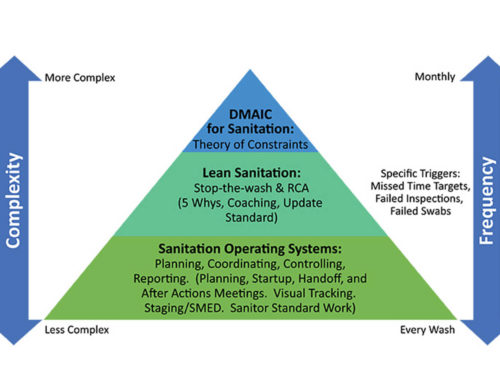Water is an essential element to produce food. The water that is obtained from rivers, lakes, and reservoirs needs to be treated and altered. Therefore, food production plants require to treat the water as per standards to make it hygienic as no food and beverage can be produced hygienically without water. All industries that include meat and poultry, dairy farm products, fruits, and vegetables for canning and protection, grain, sugar and confectionaries, fats and oils, and beverages needs water for various operations. Water is used for reasons like heating, cooling, rinsing, softening, dispersing, diluting, separating, and other activities. In each case, the type of water will affect the food.
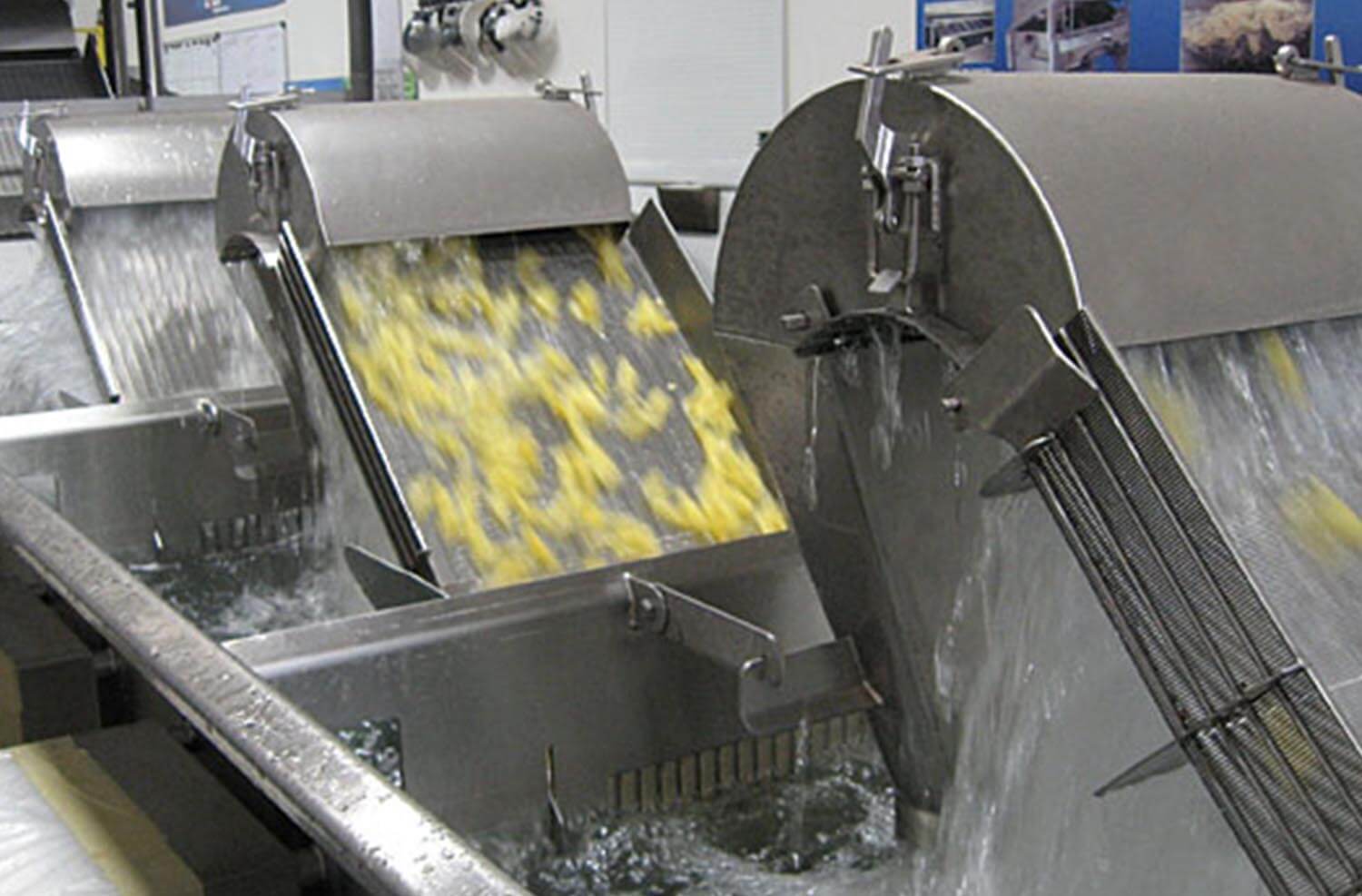 When water is used as a food component, impurities can implicate the properties of the food, including composition, appearance, odor, and flavor. Therefore, food production plants must be certain that only superior quality water is used. These plants are continuously looking for new and different means to achieve prominent levels of quality. Therefore, they use different kinds of water for different operations, according to the needs and standards.
When water is used as a food component, impurities can implicate the properties of the food, including composition, appearance, odor, and flavor. Therefore, food production plants must be certain that only superior quality water is used. These plants are continuously looking for new and different means to achieve prominent levels of quality. Therefore, they use different kinds of water for different operations, according to the needs and standards.
But before we move towards varied kinds of water, let us consider the sensitivity and importance using safe filtered water in food industry.
Why Is It Important to Use Filtered Water in The Food Processing Industry?
Filtration is an essential part of the food and beverage industries because
- It increases the shelf life of products
- It improves the smell and taste of products, e.g., vegetables and fruits
- It adds flavour to some packed and canned foods and beverages.
- It helps in the maintenance of food processing machines and equipment, protect reverse osmosis membranes used in flavor concentration.
Legal aspect of water filtration:
A food production plant must follow the legal framework of standard compliance. In the legal requirements of the food industry, filtered water is also one of its prerequisites. Consider the example of HACCP or Hazard Analysis Critical Control Point. It is a kind of SOP that each food and beverage industry should follow. So, according to some postulates of HACCP, these plants should use filtered water along with other essential elements.
Now, as we know about the need for water filtration in food industries, let us have a look at some types/kinds of water different food production plant uses:
Kinds of Filtered water Used by Food Factories:
Some kinds of filtered water used by food production plants are:
Carbon filtered water
Activated carbon filters can eliminate organic compounds and chemicals that are found in water. It dissolves chemicals like radon, minimizes the quantity of lead. It can also remove solvents, pesticides, and industrial debris.
However, it is crucial to note that activated carbon filtration does not eliminate metals, nitrate, or microbial contaminants.
When water is used as an ingredient in the food, it must be free of any taste, smell, color, and other impurities that could be harmful to consumers and product quality. Foul odor and taste can be removed with an activated carbon filter.
RO (Reverse Osmosis) Water
The “reverse osmosis” purification process is yet another method. In RO, a semipermeable membrane is used to eliminate ions and other particles. This process in permeable membrane filters contaminants goes through a procedure called “size exclusion,” where particles of a size cannot pass through. Reverse osmosis removes 99% of all viruses and bacteria. It is more energy efficient as compared to distillation processes.
Nevertheless, it has some disadvantages: It removes some essential minerals from water. Also, the overall process speed is meager and it wastes two to three parts of water for every part that is purified.
Therefore, it is crucial to place the carbon filter ahead of the RO unit to reduce fouling and to remove the disinfecting agent, which can chemically react with the membrane. The process is widely used in dairy, sugar, and starch industries.
UV radiation-treated water
There is a method of treating water naturally with the help of Ultraviolet Rays. These rays cannot be seen with bare eyes. They are emitted from the sun and are particularly useful to kill bacteria and viruses.
Industries widely use UV radiation methods to kill bacteria. It is frequently included as a backup measure. UV rays can disinfect the water from the viruses and bacteria. Therefore, the UV ray’s method is widely used in the US in industries like beverages, etc.
Culinary Steamed Water
The culinary steam method is one of the most challenging treatments in the food industry.
Steam contains particles of rust, pipe scale, and other particulate matter. It comprises chemicals from boiler feedwater additives. It is the interchange of these impurities that can cause differences in the food product in terms of taste, texture, color, and appearance. Therefore, the boiler feedwater should be thoroughly treated to prevent problems in boilers and associated piping, valves, and processing apparatus. Also, corrosive parts, like element and dioxide, could be removed by deaeration.
Deionized Water
Deionization is the removal of all ionizing minerals and salts from the water. Deionization filters operate by exchanging positive elements and negative hydroxide molecules for the positive and negative contamination molecules within the water.
Positive chemicals like metallic elements, calcium, iron, and copper modification replaces with the element molecules, and negative chemicals like iodine, chloride, and salt modification replaces with the hydroxide molecules. This method is usually done by two ionizing organic compound beds that are opposite in charges: negative organic compound and a positive organic compound.
Water must be treated to make it hygienic. It must be used cautiously, and reuse of water is allowed if it does not hold a health risk for the customers. A combination of supply management, advanced treatment method, and different engineering controls provides a basis for increased implementation of water utilizing applications.
The availability and quality of water are different in each country or region. However, food establishment and improvement in water quality should be cumulative. The risk of using unsafe water should not be taken. Strict measures should be taken to make it as safe as possible for consumption. Any carelessness in the production can result in food poisoning and other health issues among people.
